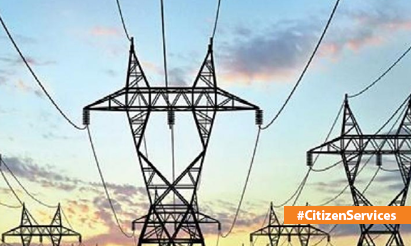Bonafide Certificates: Unraveling the Proof of Authenticity!
A Bonafide Certificate, also known as a Certificate of Authenticity or a Certificate of Good Standing, is a document issued by an organization, institution, or employer to verify the genuineness or authenticity of a person’s identity, status, or affiliation. It serves as proof that the individual is associated with the organization or institution and confirms specific details about their involvement.
A Bonafide Certificate typically includes information such as:
- Name and address of the organization or institution issuing the certificate.
- Name, photograph, and other identifying details of the person to whom the certificate is issued.
- Purpose or reason for issuing the certificate (e.g., student verification, employment verification).
- Duration or period of association with the organization or institution.
- Any relevant details or remarks related to the person’s standing or performance.
Bonafide Certificates are commonly required for various purposes, such as:
- Educational institutions: Students may need Bonafide Certificates for applications for scholarships, educational loans, or to prove their enrollment status.
- Employers: Employees may require Bonafide Certificates for visa applications, bank account openings, or as proof of employment.
- Government agencies: Bonafide Certificates can be necessary for availing government schemes or subsidies.
- Accommodation: Landlords or housing authorities may request Bonafide Certificates to verify the tenant’s authenticity or to provide proof of residence.
The specific format and content of a Bonafide Certificate may vary depending on the issuing organization’s policies and requirements. It is important to contact the respective organization or institution to obtain accurate information on the documentation process and any specific details needed for the certificate.
Disclaimer: The views expressed above are for informational purposes only based on industry reports and related news stories. PropertyPistol does not guarantee the accuracy, completeness, or reliability of the information and shall not be held responsible for any action taken based on the published information.




